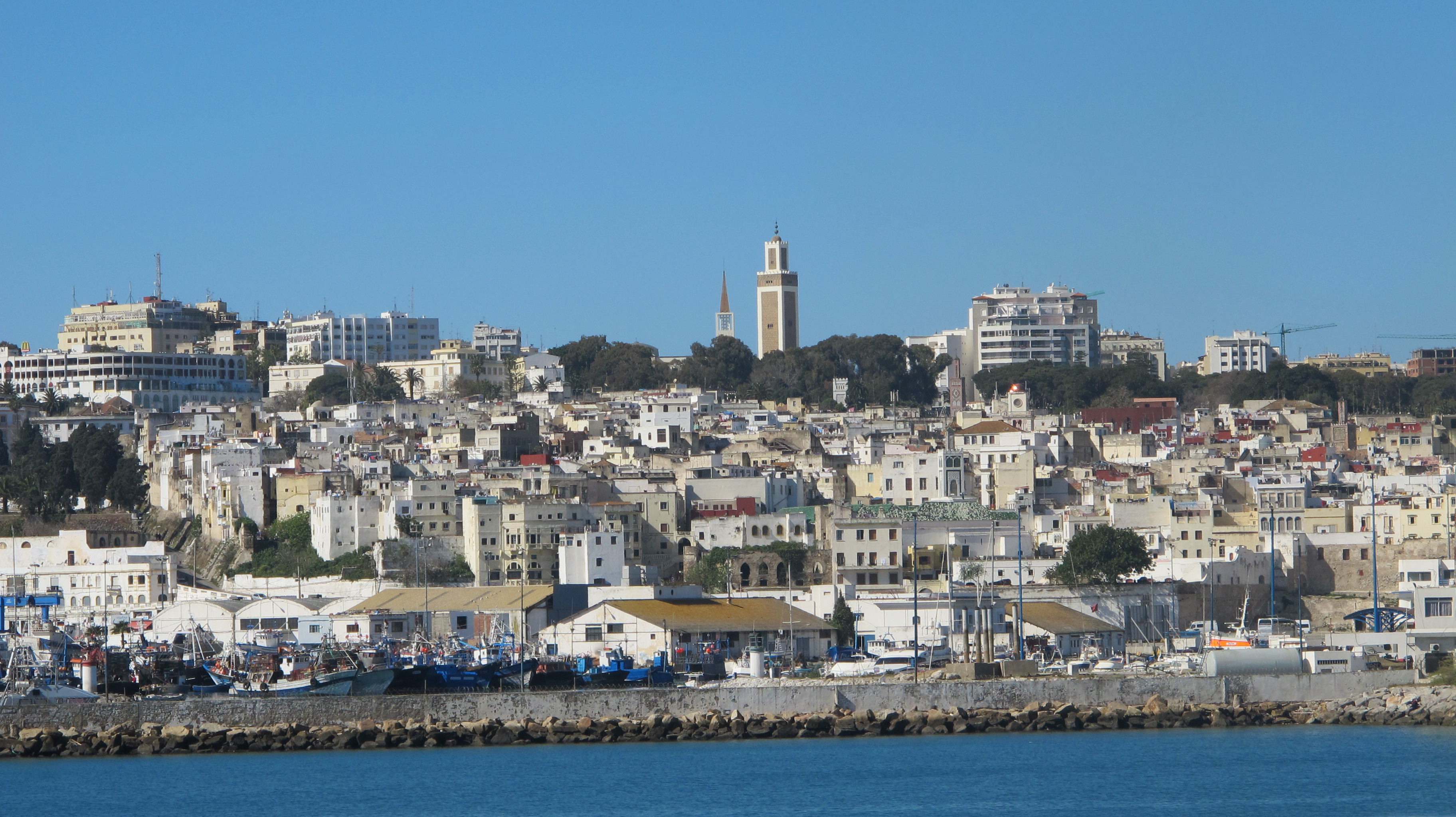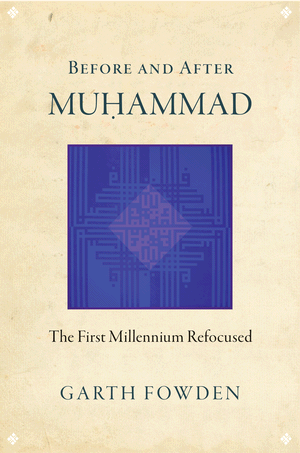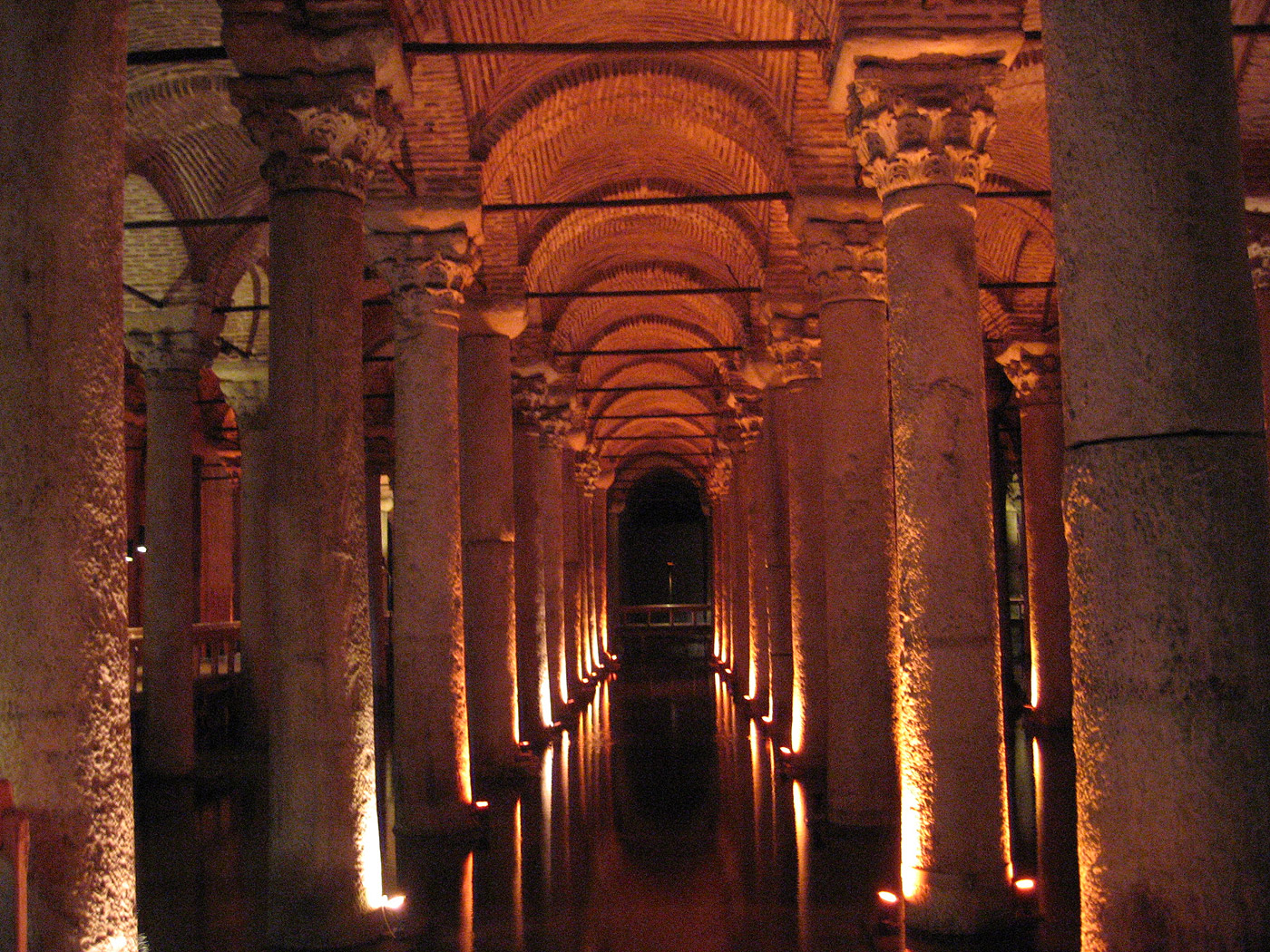CALL FOR PAPERS — International Qur’an Conference 2019
CALL FOR PAPERS — International Qur’an Conference
Tangier Global Forum
University of New England
Tangier, Morocco
(25-26 July, 2019)
The International Qur’anic Studies Association (IQSA) is happy to announce its third biennial conference July 25-26, 2019, which is hosted by the Tangier Global Forum of the University of New England, Tangier, Morocco. The main theme of the conference is Reading the Qur’an in the Context of Empire. We invite enthusiastic scholars to discuss under-researched aspects of Qur’anic Studies. Papers in all areas of the field are welcome, but we are particularly interested in papers about how rulers, politicians, religious figures and later colonial officers and European travelers contributed to the production, distribution and reception of Scriptures in general and the Qur’an in particular.

Given the history and the pluralistic nature of the conference, participants are encouraged to exchange views on the relationship between the Qur’an and other religions. The conference will unveil new research on the Qur’an, and create a platform for connecting other religions to Qur’anic studies. Further attention will be paid to the important contribution of North African scholars to the emergence and flourishing of methods in the study of Qur’an, tafsir and translation. Also, particular attention will be paid to understudied texts, including Qur’anic commentaries, manuscripts, and translations produced under influential early, medieval and modern Islamic empires and sultanates in Turkey, Persia, Africa, Europe and the Malay-Indonesian world.
As there have been some long discussions about the way the Qur’an is [supposed to be] taught and examined in different Islamic and non-Islamic academic contexts, researchers will find a chance to discuss and challenge recent ideas and trends in Islamic studies by raising questions about: academic study of the Qur’an and its tafsir, reading the Qur’an along with other scriptures, reading the Qur’an in the light of recent archaeological and epigraphic discoveries, among others.
The sub-themes of the conference are as follows:
- The Qur’an and Other Religions
- Tafsir and the translation of the Qur’an
- Qur’anic Manuscripts
- The Qur’an and Mysticism
- Modern African traditions of Qur’anic Exegesis
- Method and Theory in the Study of the Qur’an and its commentaries (past, present, future)
The conference will take place in English, Arabic and French.
Please submit your abstracts (300 words) to: iqsatangier2019@gmail.com by January 30, 2019. Modest financial support may be available to accepted panelists by request, and contingent upon available funds.
Should you have questions about the conference, please contact IQSA conference director, Majid Daneshgar (majid.daneshgar@frias.uni-freiburg.de) or the IQSA administration (contact@iqsaweb.org).
© International Qur’anic Studies Association, 2018. All rights reserved.
المؤتمر الدولي للقرآن
منتدى طنجة الدولي، جامعة نيو انجلاند
طنجة، المغرب
من 25 إلى 26 يوليو2019
الجمعية الدولية للدراسات القرآنية ستنظم المؤتمر الدولي الثالث من 25 إلى 26 یولیو 2019 في منتدى طنجة الدولي، جامعة نيو انجلاند، المغرب. الموضوع الرئیسي للمؤتمر هو قراءة القرآن في ظل الامبراطوریة. اننا ندعو الباحثین والمتخصصین للمشارکة في جوانب الدراسات القرآنیة المختلفة التي لم تفحص حتى الآن. اننا نرحب بمقالات في جمیع الموضوعات القرآنیة. ولکننا مهتمون بشكل خاص أن تردنا مقالات حول دور الحکام، السیاسیین، العلماء، ولاحقا المستعمرين والسائحين الأوروبيين في إنتاج، توزیع، إدراك و قراءة الکتب المقدسة بشکل عام و القرآن بخاصة.
نظرا لتاريخ ولطبيعة المؤتمر المتنوعة، فاننا نشجع العلماء و الباحثین على تبادل الآراء حول العلاقة بین القرآن والأدیان الأخری. هذا المؤتمر سیکشف مباحث جدیدة عن القرآن و یصنع سیاق لربط الأدیان الأخری بالدراسات القرآنیة. سيتم الترکيز علی المساهمات المهمة للعلماء شمال أفريقيا في إبتكار وتطويرمناهج جدیدة في الدراسات القرآنیة، التفسیر والترجمة. سیکون هناك اهتمام خاص ايضا في نصوص لم تفحص من تفاسیر ومخطوطات قرآنية الى ترجمات للقرآن أنتجت في ظل إمبراطوریات اسلامیة کبیرة ابتداءا من الفترة الأولى للإسلام حتى العصور الوسطی و العصر الحدیث في ترکیا، بلاد فارس، أفریقیا، أوروبا وأرخبیل الملایو.
نظرا لانه كانت هناك نقاشات طويلة، حول الطريقة التي يجب ان يتم بها تدريس القرآن والتحقيق فيه، في المحیط الأکادمية الاسلامیة و غیرالاسلامیة، سیجد الباحثون فرصة لمناقشة الأفکار والتحديات والاتجاهات الأخیرة في الدراسات الإسلامیة من خلال طرح أسئلة مختلفة حول الدراسات الأکادیمیة للقرآن و تفسیره، قراءة القرآن مع الکتب المقدسة الأخری، قراءة القرآن في ضوء الاكتشافات الحديثة من آثار ونقوش، الخ.
لذلك، سيكون هناك موضوعات أخری للمؤتمر وهي علی النحو التالي:
– القرآن و الأدیان الأخری
– تفسیر و ترجمة القرآن
– مخطوطات قرآنية
– القرآن والتصوف
– التقاليد الحديثة لتفسير القرآن في شمال أفريقيا
– المنهج و النظریة فی الدراسات القرآنیة و التفاسیر (في الماضي والحاضر والمستقبل)
المؤتمر هو باللغة الإنجليزية، العربية والفرنسية
يرجى تحمیل الملخص و إرساله عبر هذا البرید الإلكتروني: iqsatangier2019@gmail.com
يرجي إرسال الملخصات حتی30 يناير 2019
قد يكون هناك دعم مالي متواضع(حسب الطلب) للاعضاء المقبولين للمشاركة باعمال المؤتمر. ويتوقف هذا الدعم على الاموال المتاحة.
اذا كان لديكم بعض الأسئلة، یرجی الاتصال بمدیر المؤتمر: د. مجید دانشجار: majid.daneshgar@frias.uni-freiburg.de
أو قسم إدارة الجمعية الدولية للدراسات القرآنية: contact@iqsaweb.org


